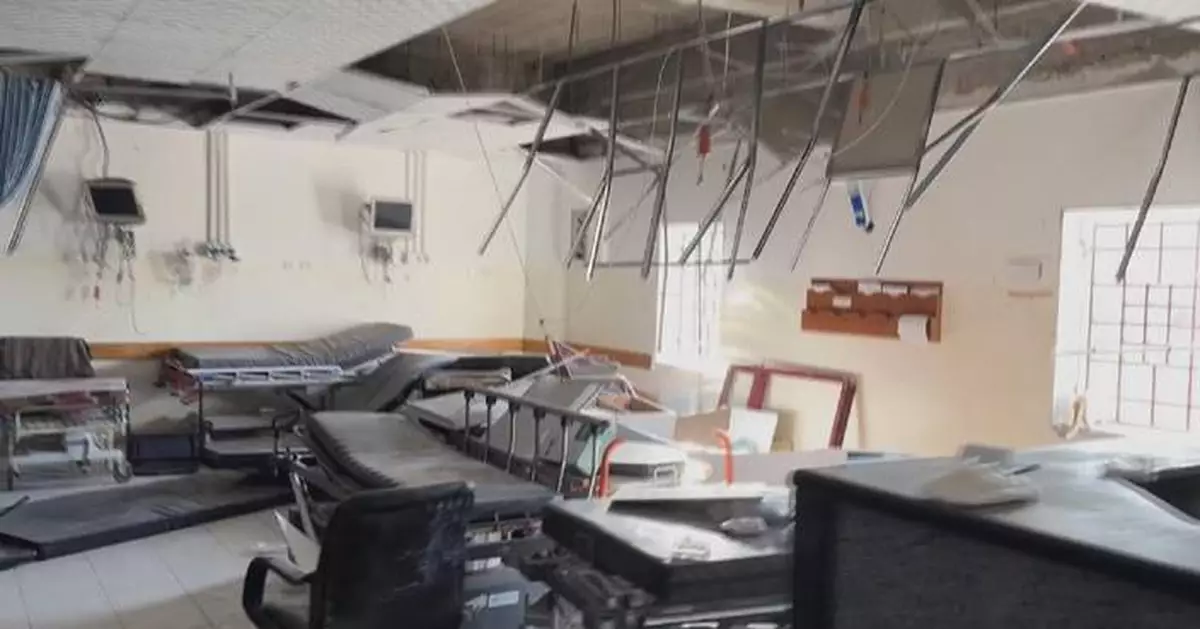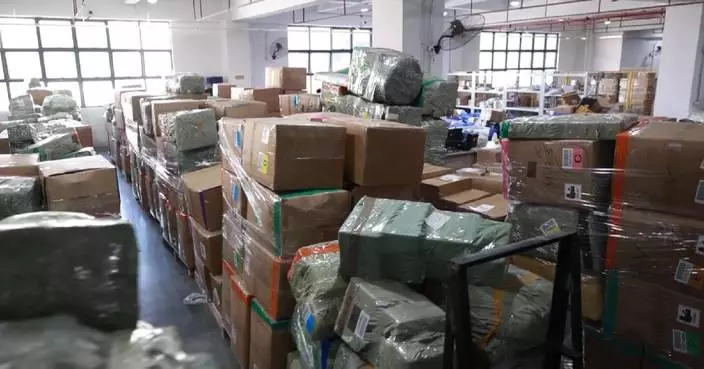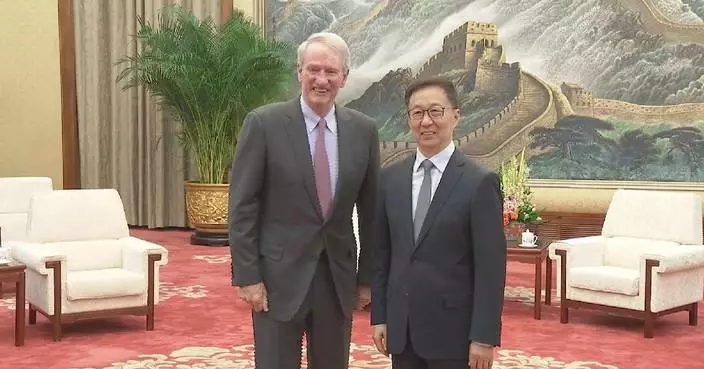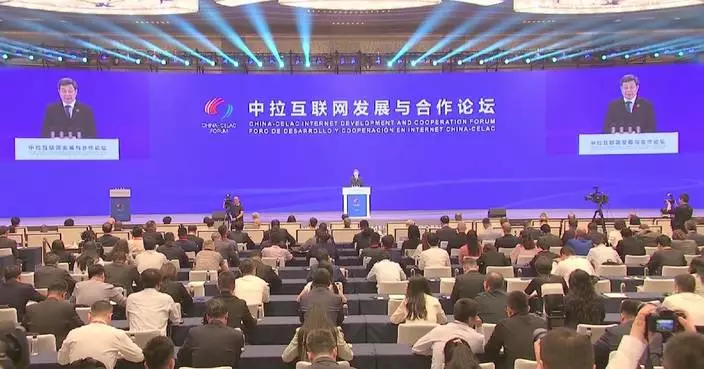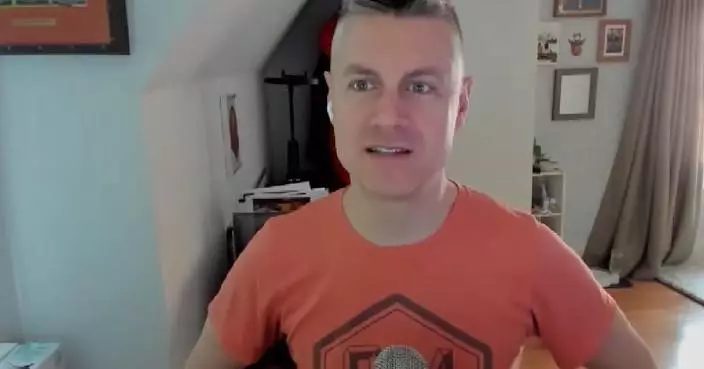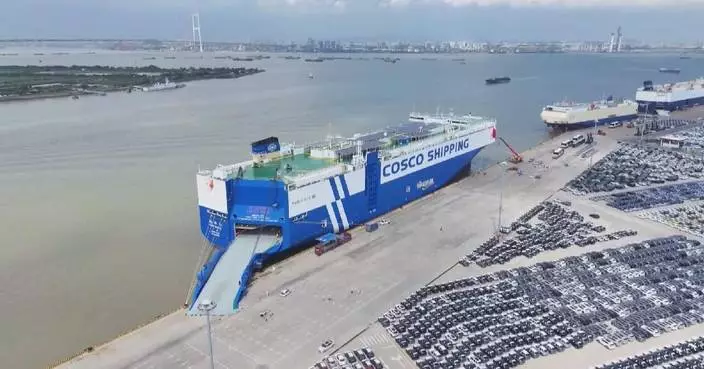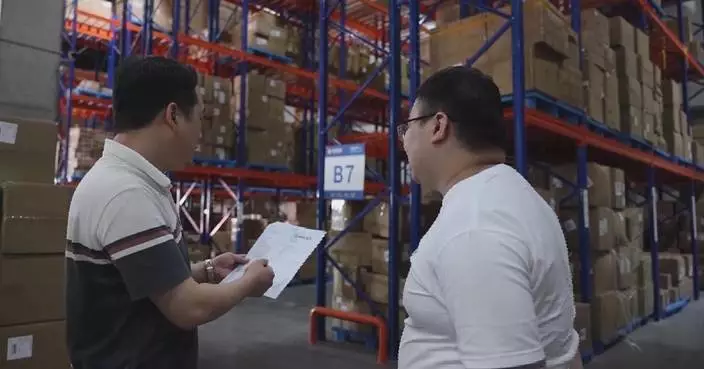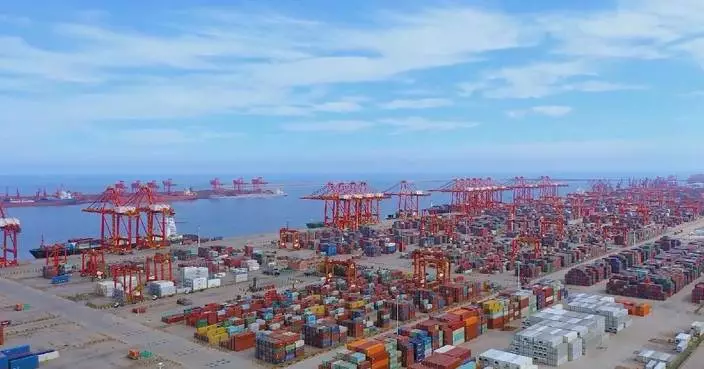Staff members from the United Nations Office for the Coordination of Humanitarian Affairs (OCHA) have called for better access to be granted to aid workers in Gaza after their mission to deliver essential supplies to the remnants of the Indonesian Hospital and evacuate patients to Gaza City on Sunday was met with severe challenges, including the arrest of patients who were set to be evacuated.
Jonathan Whittall, Interim Head of the OCHA Office for the Occupied Palestinian Territories (OCHA OPT), said that the joint mission which was carried out alongside the World Health Organization (WHO) managed to reach Jabalya in the north of Gaza and brought some supplies, but stressed the Indonesian hospital is not functioning properly due to the ongoing conflict.
According to Whittall, the joint mission had been trying to reach the north of Gaza 140 times in the last two months, but has been denied on every occasion. People here have no food, no water, and poor sanitation, he added.
He also expressed deep concern about the dire situation in Gaza.
"We've been trying to reach the north of Gaza 140 times in the last two months. Every time it has been denied. People here have no food, no water, sanitation, nothing. They need us to be able to reach them. We need to be able to reach people wherever they are. That's not negotiable. We need to be able to provide the basics for survival: food, water, healthcare. These atrocities need to end," he said.
Sara Al-Saqqa, a staff member from OCHA Gaza, also spoke out about the recurring barriers which are preventing humanitarian relief being provided.
"We should be able to deliver food and supplies. We should be able to rehabilitate hospitals and support the healthcare system. This is a pattern that we have been seeing over and over for the past 14 months. Areas become besieged with no access to humanitarian aid, healthcare, food, or medical supplies. This is not acceptable," she said.
Al-Saqqa detailed the specific areas in northern Gaza that had remained inaccessible, including Beit Lahia, Beit Hanoun, and Jabalya, despite repeated efforts to deliver aid.
"We have been trying for the past three months to come and reach the north, and we couldn't. We have been denied one time after another," she said.
As the joint mission's failure to fully deliver aid and evacuate patients has articulated the worsening humanitarian crisis in Gaza, as access to essential supplies and healthcare continues to be blocked in several parts of the region.
The international community has repeatedly called for unrestricted access for humanitarian organizations, but ongoing violence and political barriers have made it nearly impossible to address the growing needs of civilians in Gaza.
As the conflict persists, the urgent need for humanitarian access remains a critical issue for both local and international aid organizations. The situation continues to deteriorate, leaving millions of civilians trapped without the basic necessities for survival.
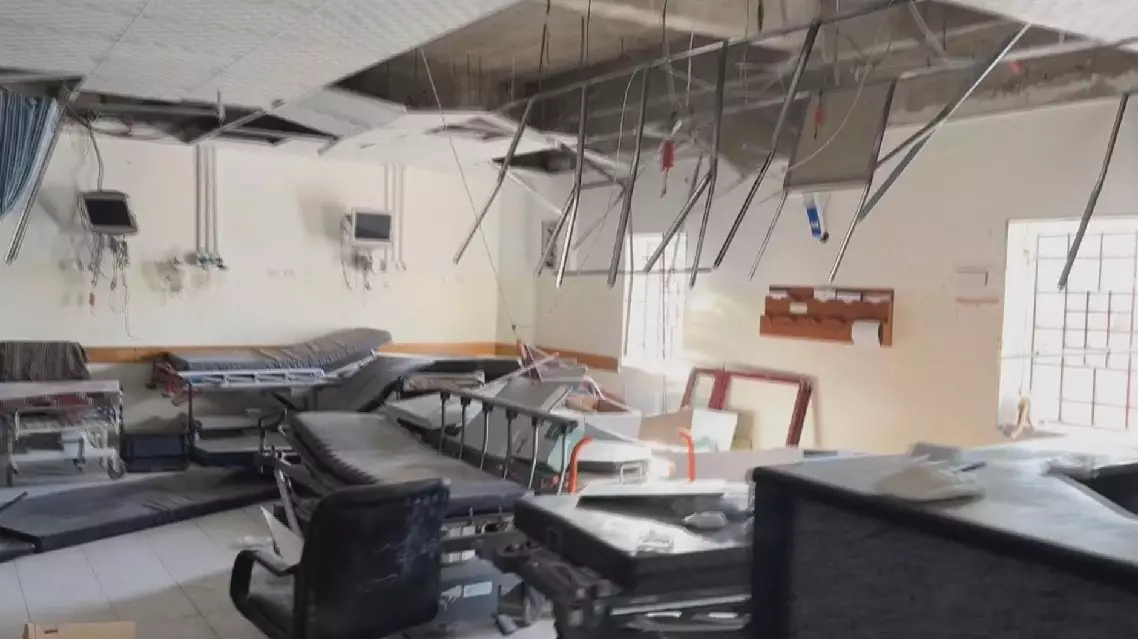
Aid efforts to Gaza face serious obstacles amid ongoing conflict
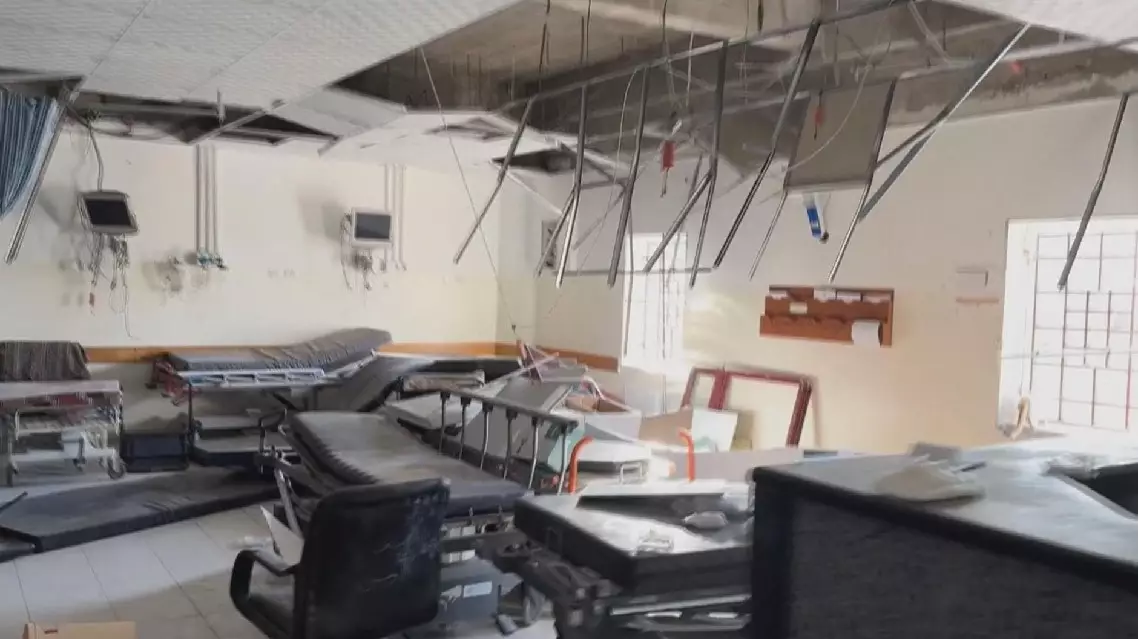
Aid efforts to Gaza face serious obstacles amid ongoing conflict


